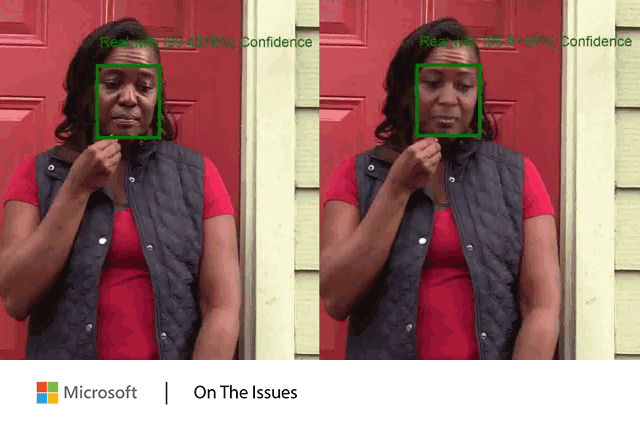There is no question that disinformation is widespread. Research Microsoft supported from Professor Jacob Shapiro at Princeton, updated this month, cataloged 96 separate foreign influence campaigns targeting 30 countries between 2013 and 2019. These campaigns, carried out on social media, sought to defame notable people, persuade the public or polarize debates. While 26% of these campaigns targeted the U.S., other countries targeted include Armenia, Australia, Brazil, Canada, France, Germany, the Netherlands, Poland, Saudi Arabia, South Africa, Taiwan, Ukraine, the United Kingdom and Yemen. Some 93% of these campaigns included the creation of original content, 86% amplified pre-existing content and 74% distorted objectively verifiable facts. Recent reports also show that disinformation has been distributed about the COVID-19 pandemic, leading to deaths and hospitalizations of people seeking supposed cures that are actually dangerous. Microsoft announced two new technologies to combat disinformation, new work to help educate the public about the problem, and partnerships to help advance these technologies and educational efforts quickly. To read the announcement, go to Microsoft on the Issues.
More from GZERO Media
China and Russia are reportedly looking to exploit US federal workforce cuts by targeting recently fired or at-risk federal employees in national security roles for recruitment, according to sources familiar with US intelligence. The quarries? Employees with top security clearances and information about America’s critical infrastructure and government operations.
On GZERO World with Ian Bremmer, Latvian Foreign Minister Baiba Braže discusses Ukraine's fate and Baltic security in the face of Russian aggression. Former Russian colonel Dmitri Trenin offers a starkly different perspective from Moscow, arguing that negotiations over Ukraine should be decided primarily by the US and Russia—not Ukraine or Europe.
Ian Bremmer's Quick Take: Zelensky’s White House meeting with Trump was a disaster—for Ukraine and for NATO. With America's support collapsing, Europe faces a choice: step up or step back. Ian Bremmer unpacks the fallout in this Quick Take.
Listen: On the GZERO World Podcast with Ian Bremmer, two starkly different views on Ukraine's future: first from the Baltics, then from Moscow.
Deep underwater in the Baltic Sea, Russia is showing just how far it's willing to go to assert its regional influence. On Ian Explains, Ian Bremmer looks at Putin's shadow war beyond the battlefields in Ukraine.
When world leaders appear with the American president in front of the Oval Office’s hearth, the exchange is normally tempered, congenial, and largely a photo-op – with the diplomatic dung-slinging already done behind closed doors. Not this time.
On Thursday, Donald Trump made progress on two campaign promises: releasing Jeffery Epstein’s “client list” and freeing the Tate brothers from Romania.
For all the anxiety in Ukraine and across Europe about direct Donald Trump-Vladimir Putin ceasefire negotiations, other players in this drama are now having their say.
U.S. President Donald Trump attends a press conference with British Prime Minister Keir Starmer (not pictured) at the White House in Washington, D.C., U.S., February 27, 2025.
US President Donald Trump announced Thursday thata 25% tariff on Mexican and Canadian goods will take effect on March 4, reversing comments made one day earlier that suggesteda delay until April.
